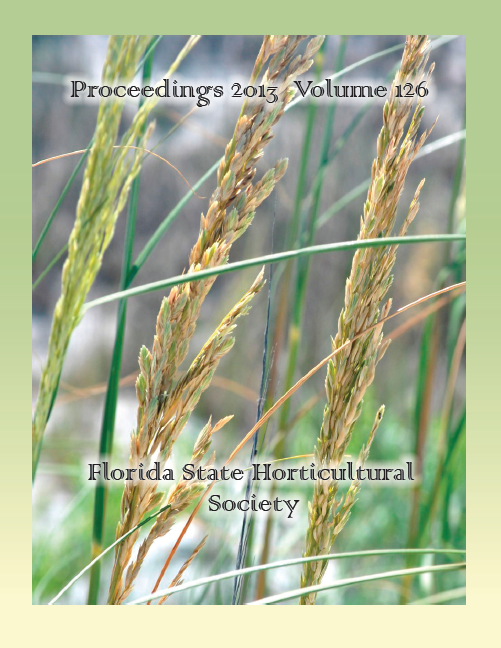Abstract
The electronic tongue system mimics the process of taste detection by human taste buds and recognition by the brain, hence helping in prediction of taste. With this unique capability, the electronic tongue has been used for taste detection of a wide range of food products. As a preliminary step in predicting taste quality of orange juice samples, we used an electronic tongue to evaluate orange juice samples spiked with sucrose (0.2, 0.4, 0.6, 0.8, 1, 2, 3, 4, 5%), citric acid (0.05, 0.1, 0.2, 0.4, 0.6, 0.8, 1, 2, and 3%), potassium chloride (0.05, 0.1, 0.2, 0.4, 0.5, 1, 2, 3%), grapefruit juice (25, 50%) or tangerine juice (0.5, 1. 2, 5, 10, 20, 100%) to represent potential taste changes. We found that the system was able to differentiate the samples, with at least 65% and up to 94% of the data variability explained by the first principal
component. Preliminary results showed that the electronic tongue can distinguish orange juices with different chemical compositions, or mixed with other citrus juices.

